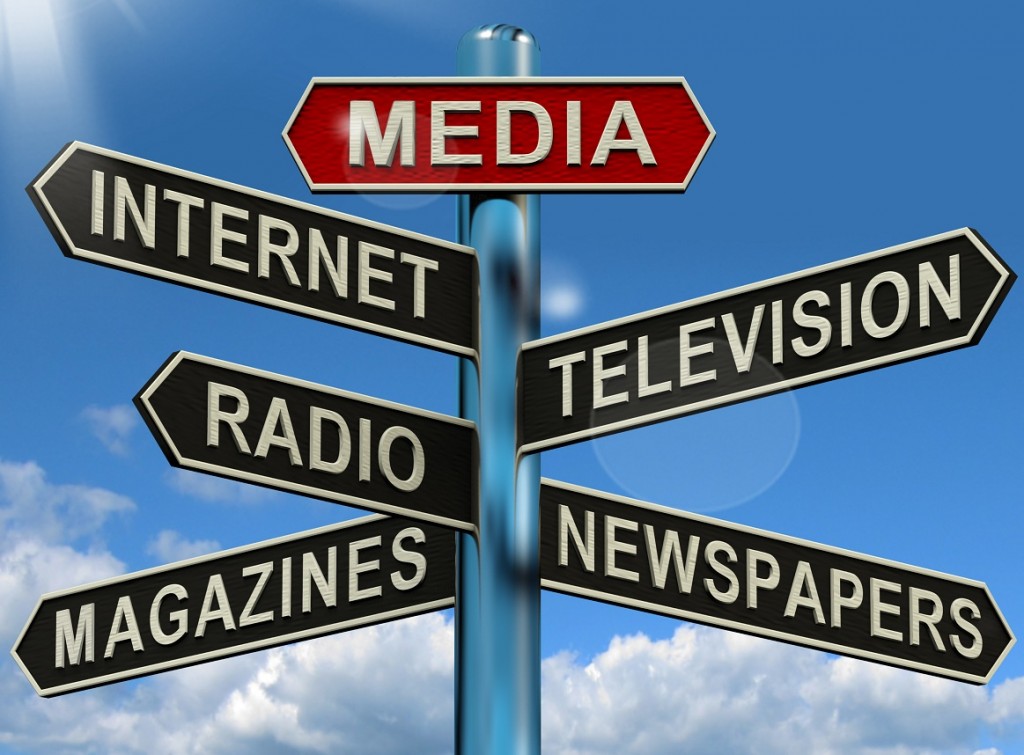ANALYSIS: MULEWA SHAPI
A FEW days ago a controversy of sorts rocked the Zambian business sector.
Using cheeky wordplay and highly visible outdoor advertising, a prominent Zambian bank took the chance to celebrate their latest victory and poke a little fun at one of their competitors at the same time.
The effect was instant.
Before Zambians had a chance to make their breakfast, word of this latest piece of advertising trickery was already making its way around the country and beyond.
WhatsApp groups were awash with the news, prompting heated discussions among clients of the two banking powerhouses. Social media was similarly engulfed, with artwork and pictures of the billboard posted and reposted around the internet.
The advert had gone viral.
From an advertising and marketing perspective, this was a watershed moment. Despite Zambian marketing efforts making great strides in recent years, local marketing efforts can be considered conservative by international standards. Many large brands in Zambia tend to avoid controversy at all costs.
The truth is that controversy has always been a part of marketing. There is even a name for the practice – “comparative advertising”.
While the events of Monday May 11, 2020 left many Zambians feeling one way or another, the fact is that just by talking about the advert and the brand, the aims of the marketing team had been achieved.
While the ethics of the practice are open to debate, there is no denying that comparative advertising is a standard marketing practice around the world. Many of the world’s biggest and most respected brands have done it, and continue to do so on a regular basis.
Coca-Cola, Pepsi, Apple and Samsung are just some of the companies to have pulled off similar adverts in the recent past. BMW, Audi, Mercedes Benz and Jaguar are other billion-dollar brands that have also employed comparative advertising tactics.
But one cannot speak about successful comparative advertising without mentioning Nandos.
The South African restaurant chain has become a social media darling and won awards for its witty adverts poking fun at their competitors, current affairs and politicians using creative wordplay and local languages.
But just because the practice of comparative advertising is widely accepted, it does not mean that marketers are at liberty to say whatever they want. In more advanced economies, specific bodies exist to regulate such marketing practices and ensure that they stay fair.
In the United States of America, the Federal Trade Commission (FTC) has the mandate to regulate such marketing practices and, if necessary, rebuke efforts that take things too far. The Brazilian Advertising Self-Regulation Code plays a similar role in Brazil, with the Advertising Regulatory Board doing likewise in South Africa.
While the controversial advert will soon be forgotten and everyone’s focus will shift onto other things, it is hoped that the advert holds a larger lesson for Zambia.
The lesson is that now is the time for marketing and advertising professionals to push boundaries to make Zambia competitive in the marketing space. South African marketers are considered leaders in their craft, and with the wealth of Zambian creativity on offer, there is no reason why Zambia cannot aspire to such levels too.
The author is Stimuli PR – media liaison personnel.


